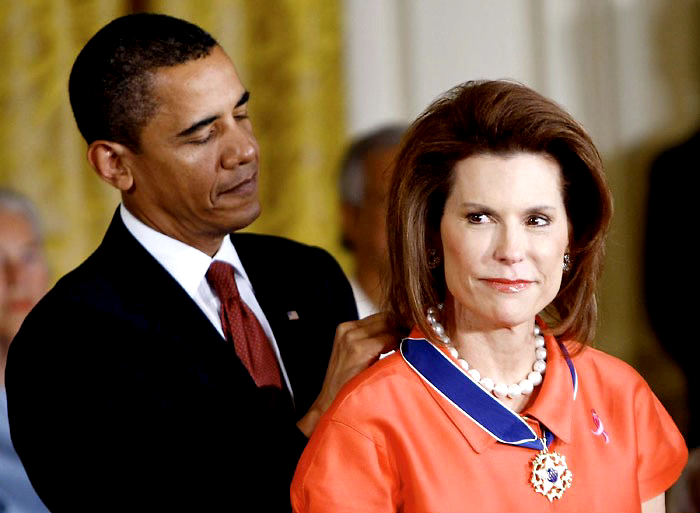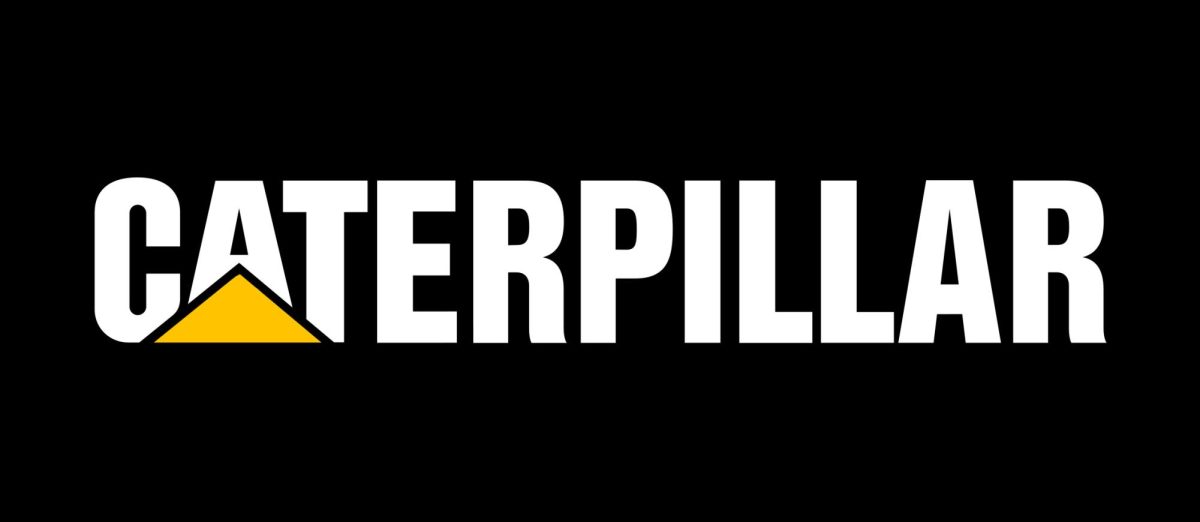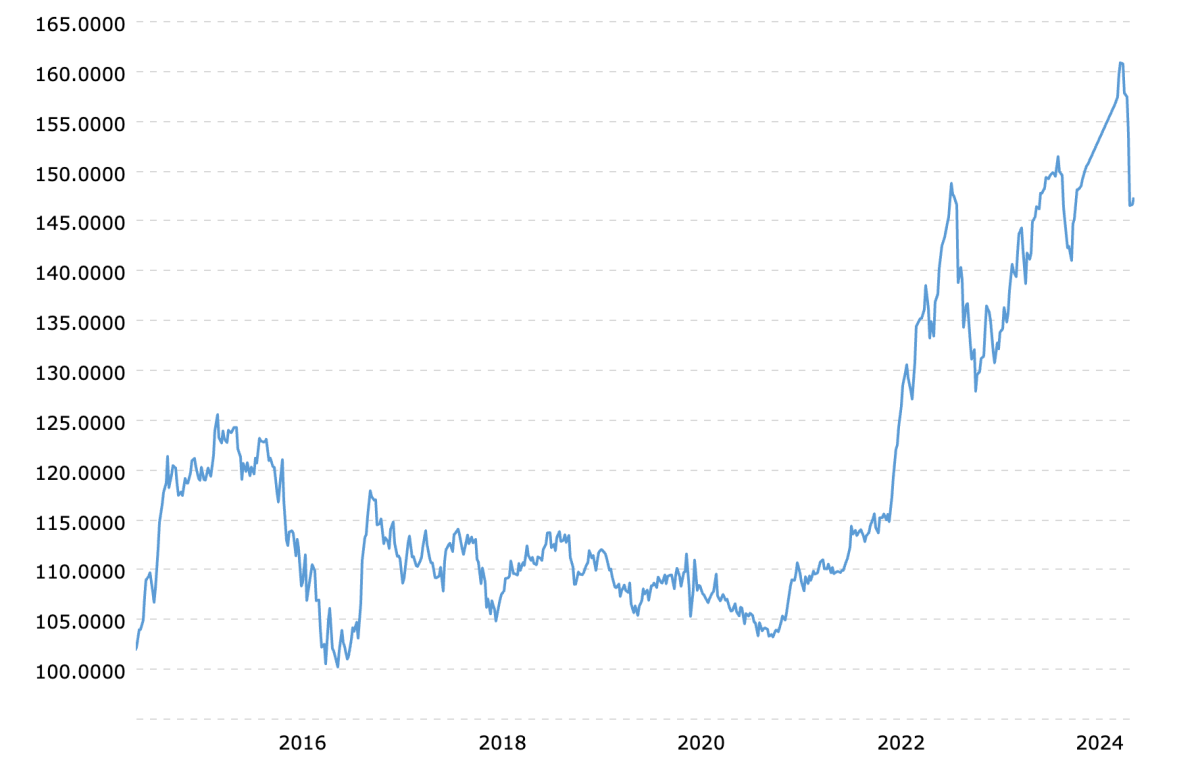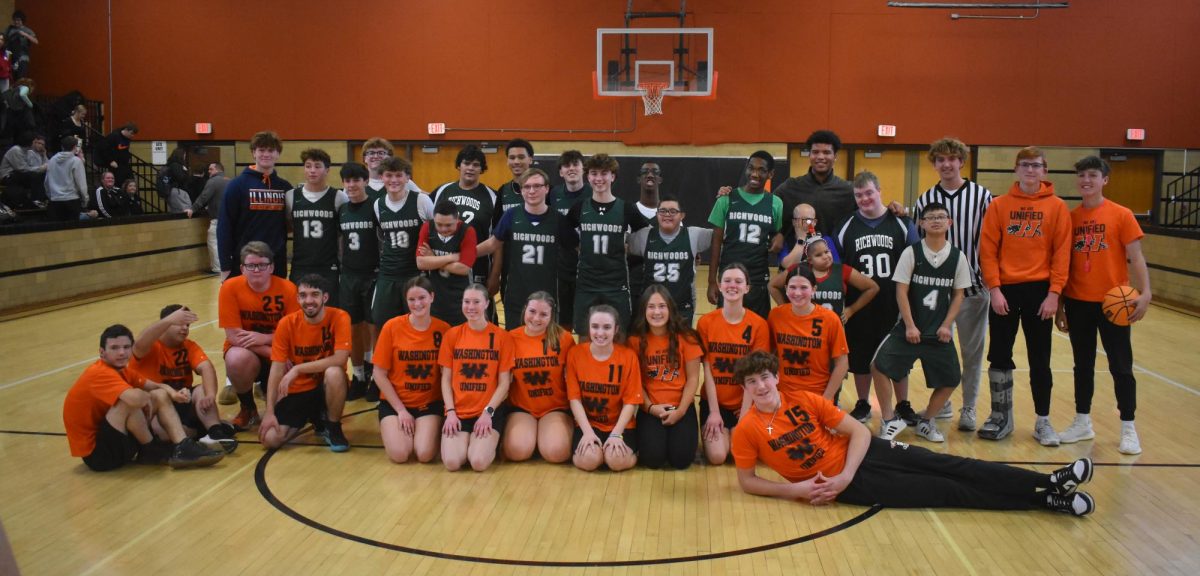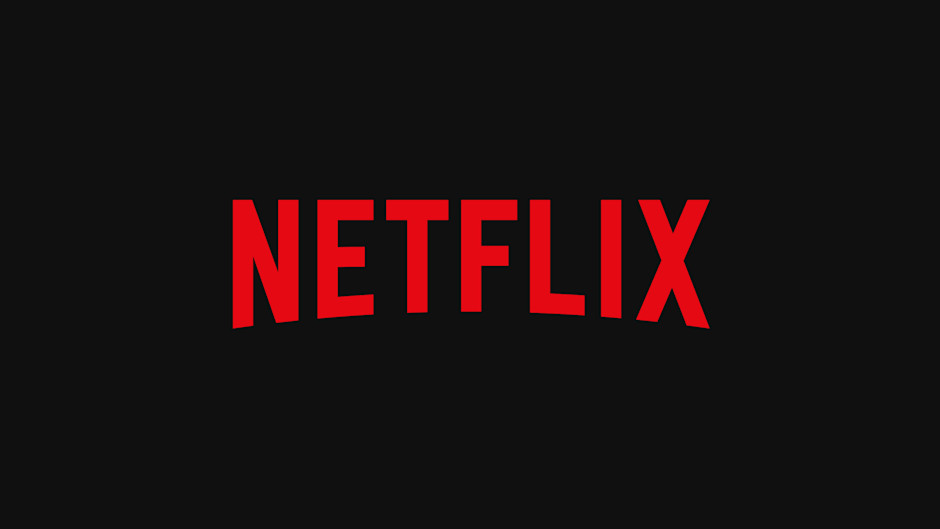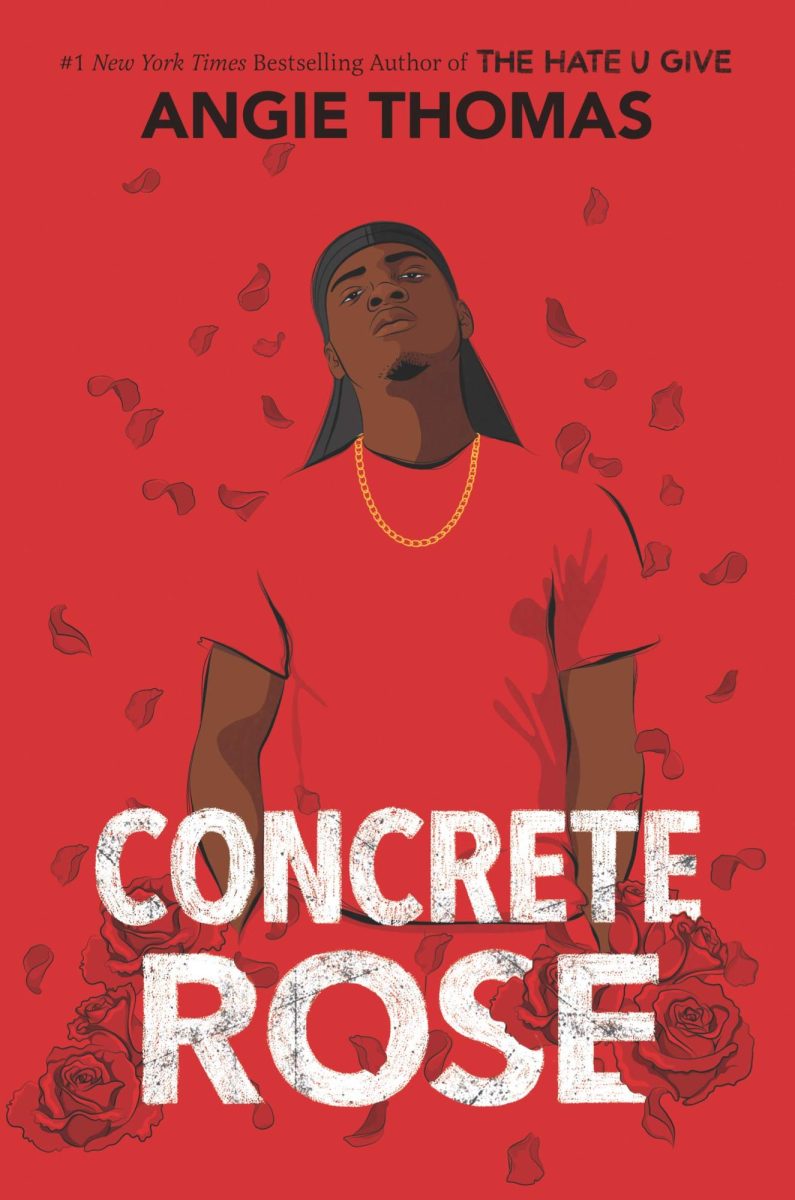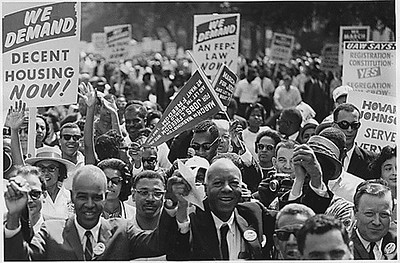On October 7th, 2023, a surprise attack occurred in Israel by the terrorist group, Hamas. This group is currently in control of the Gaza region in Palestine. In this region, there has been an ongoing war for decades. Yet, this attack was not expected. The surprise aspect of this attack shook the entire nation of Israel politically, socially, and economically. Hamas is driven by their manifesto, which disagrees with the existence of Israel as a nation. Despite the recent attack, this conflict between Israel and Palestine did not just start, but rather previously started decades ago and has been continuous. In effect, the economy is being heavily impacted.
According to CNN, “More than 1,400 Israelis were killed in the assault, and more than 240 were taken hostage, according to a count by Israeli officials. The Ministry of Health in Ramallah says more than 17,000 Palestinians have died in the military campaign launched in response by Israel.” These deaths have triggered an increase of protests in the US, and people have begun boycotting certain companies depending on the side which they have chosen to support. There are many stores and franchises being boycotted by those who are against said companies’ ties to Israel. While these boycotts have had little to no effect thus far, if the trends continue it can be predicted that a difference will be made. Due to a statement showing their support for Israel, one of the main companies people are choosing to boycott is Starbucks. This protest has seemingly not affected the Starbucks corporation as their stock numbers have remained at a steady increase, especially with the release of their holiday drinks.
Though the boycotting of Starbucks might not have had an effect so far, the main product being affected by the war is oil. The price of oil is going up because of the Israel-Hamas war, but also because the war between Russia and Ukraine continues, along with the war in Sudan and South Sudan. The price of oil rose 2% directly after the attack on Israel, and that was the biggest jump seen for some time. The US obtains most of its oil from Saudi Arabia, which is located right next to the site of the ongoing war. Saudi Arabia is in a bind between keeping ties and policies with the US, while also being against the current treatment of civilians in the Gaza strip. As the US is financially supporting Israel, this has become a major topic of discussion because the US is also providing financial support to Ukraine. Ukraine’s President Zelensky has publicly shown support for Israel, yet the Russia continues to show support for Hamas and fund Hezbollah making the situation even more complicated.
The US also has sent billions to Israel as a response to the attack by Hamas. However, there is a financial crisis in the US. The cost of living in the US is rising, homelessness is rampant, and the middle class is diminishing. But the US continues to send money to other countries drawing criticism from some Americans. According to the US Department of Treasury, the US is over 33.7 trillion dollars (about $97,000 per person in the US) in debt and that debt continues to increase daily. The decision on which countries the US financially supports is confusing to many, because the trillions given are causing the US to suffer which in turn worsens the humanitarian crisis worldwide.
Overall, this war has had a great impact on American pockets and American society as a whole. From the coffee companies we use, to gas prices, and even the general cost of living, they are all experiencing the repercussions and effects of the Middle Eastern conflict. Resolving the Palestinian-Israeli issue is not just political and humanitarian necessity, but also an economic necessity in view of these negative economic ramifications. All those impacted by this protracted conflict can look forward to a more prosperous and stable future with the support of a comprehensive and long-lasting peace agreement, which considers the legitimate concerns of both parties and contributes to maximizing the region’s economic potential.
https://www.usnews.com/news/best-countries/articles/2023-10-10/how-much-aid-does-the-u-s-give-to-israel
https://abcnews.go.com/International/hamas-militant-group-surprise-attack-israel-ruled-gaza/story?id=103818777





